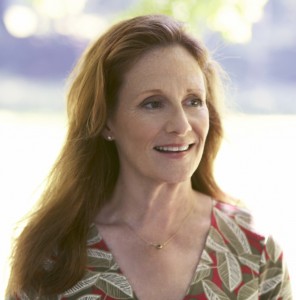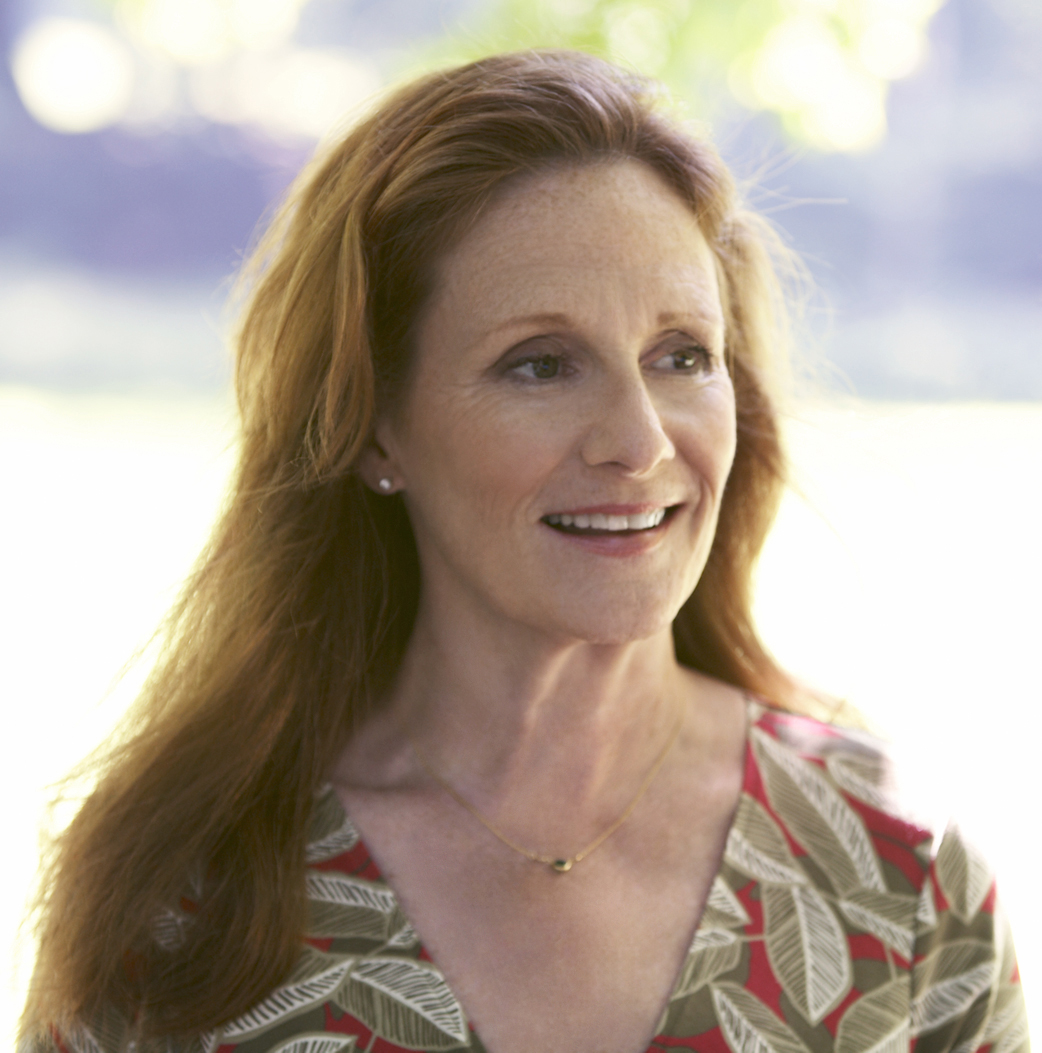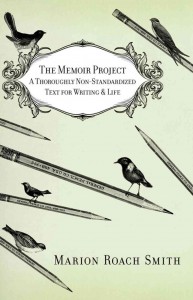 To commemorate the publication of the 10 year anniversary edition of my memoir Chicken Self:-Portrait of a Man for Rent, I have decided to do a series of interviews with memoirists I admire. Marion Roach Smith not only talks the talk, she walks the walks. She is a memoirist, journalist, and has now written a book which every memoirist should own and scour. Here’s what she had to say about the Art of the Memoir
To commemorate the publication of the 10 year anniversary edition of my memoir Chicken Self:-Portrait of a Man for Rent, I have decided to do a series of interviews with memoirists I admire. Marion Roach Smith not only talks the talk, she walks the walks. She is a memoirist, journalist, and has now written a book which every memoirist should own and scour. Here’s what she had to say about the Art of the Memoir
David Henry Sterry: Why in god’s name did you decide to write a memoir?
Marion Roach Smith: Ha ha ha. I’ve written and published several, as well as countless radio essays, op-eds and the like from my point of view. My recent book, The Memoir Project: A Thoroughly Non-Standardized Text for Writing and Life, contains lots of personal essays. I write memoir to understand things. My first book was an expansion of a New York Times Magazine piece I wrote about my mother’s Alzheimer’s disease. She was 49 when she got sick, and there had never been a piece in the popular press about the disease. Hard to imagine now, I know. Mine was the first, and went on to become one of the most reprinted pieces in the magazine’ history. The first book followed. My reason for writing the piece was to do some advocacy journalism. Same for the book. Change the world. Get funding. Make people care. It worked.
DHS: What were the worst things about writing your memoir?
MRS: There are no worst things. There are consequences, good and bad. On the good side, I’m quite sure that much like in life, success in writing is all about which aspects of your experience you choose to emphasize. In those terms, the worst thing, as you say, can be learning something you were unprepared to learn.
DHS: What were the best things about writing your memoir?
MRS: The best thing is learning things you were unprepared to learn. Hey, it beats the hell out of watching reruns on TV or surfing the web. Some of my middle-aged friends tell me they would like to feel something again. Write about your life. I promise, you’ll feel something.
DHS: Did writing your memoir help you make some order out of the chaos we call life?
MRS: Order. Absolutely.
DHS: How did you make a narrative out of the seemingly random events that happened to you?
MRS: Random? Really? Says who?
DHS: How was the process of selling your memoir?
MRS: I have found that all my different pieces of memoir have done fine. The first sold off of a magazine piece, as I said. The second book-length memoir I wrote was tucked inside a book called The Roots of Desire, which is on the history of red hair. I’m a redhead. No one had ever written that rich history, so it was a first, and easy to pitch, tracing the mutation of a gene back to its eruption in the genome and looking at all the art and story, drama, iconography worship and hatred of redheads. It was a first. The individual radio essays I pitch to NPR, one at a time.
It goes fine.
DHS: How did you go about promoting and marketing your memoir?
MRS: I learned a great lesson years ago, which is to not go for reviews, but to go for features. So for book-length pieces, I contact newspaper feature editors, beauty and science editors (for the book on red hair, for instance), seeking feature pieces on the topic. It works well. I blog, I promote other writers, and they promote me; I use social media wisely.
DHS: Did you have difficulty speaking in public about the intimate aspects of your memoir?
MRS: Not a bit. Successful memoir is not about me. It’s about something larger, and I am the illustration. That is, if you want anyone to read it. The intimacy with the audience becomes about the larger, universal topic. It’s a great experience.
DHS: How did your family, friends and loved ones react to your memoir?
MRS: Family is a pizza, and everyone gets a slice. That being the case, no two family members see or remember a single event the same way, so you are going to get blowback. “That never happened, “ is what you’ll hear. And she’s right, the sister who says that to you. “That’s not the way it happened,” I say to that. “To you. That’s the way it happened to me.”
DHS: I hate to ask you this, but you have any advice for people who want to write a memoir?
MRS: Memoir is about territory, and you have to stake yours out, walk its perimeter. When you do, you’ll find that each good story is bordered by your areas of expertise. I’m a woman, a sister, a wife, a mother, a member of my college board of trustees; I live with a fine dog, I sail, garden, play lots of sports. These are individual areas of expertise. Write from one of those at a time and you’ll never be tempted to write one of those turgid tomes that begins with the birth of your great-great grandfather, and ends with what you had for lunch yesterday.
Marion Roach Smith believes that everyone has a story to tell. The author of four books, all of which contain a large degree of memoir, her most recent book is The Memoir Project: A Thoroughly Non-Standardized Text for Writing–And Life, (Grand Central, 2011) an irreverent, quirky, provocative product of the countless memoir classes she has taught for more than a decade. Under the name Marion Roach, she is the author of The Roots of Desire: The Myth, Meaning and Sexual Power of Red Hair, (Bloomsbury, 2005), a wild blend of memoir and history; the co-author with famed forensic pathologist Michael Baden, M.D., of Dead Reckoning (Simon & Schuster, 2001), a hands-on, behind-the-scenes journey into the world of forensic science; and of Another Name for Madness, (Houghton Mifflin, 1985), the first, first-person account of a family’s dramatic struggle with Alzheimer’s disease. That book was an expansion of a record-breaking reprint of a piece she published in 1983 in The New York Times Magazine. A former staff member of The New York Times, she has written for The New York Times Magazine, Prevention, The Daily News, Vogue, Newsday, Good Housekeeping, Martha Stewart Living, Discover and The Los Angeles Times. A commentator on National Public Radio’s All Things Considered, from 2005-2011 she was the author and voice of The Naturalist’s Datebook, heard daily on Martha Stewart Living Radio, Sirius/XM 110.
David Henry Sterry is the author of 16 books, a performer, muckraker, educator, activist, and book doctor. His new book Chicken Self:-Portrait of a Man for Rent, 10 Year Anniversary Edition, has been translated into 10 languages. He’s also written Hos, Hookers, Call Girls and Rent Boys: Professionals Writing on Life, Love, Money and Sex, which appeared on the front cover of the Sunday New York Times Book Review. He is a finalist for the Henry Miller Award. He has appeared on, acted with, written for, been employed as, worked and/or presented at: Will Smith, a marriage counselor, Disney screenwriter, Stanford University, National Public Radio, Milton Berle, Huffington Post, a sodajerk, Michael Caine, the Taco Bell chihuahua, Penthouse, the London Times, Edinburgh Fringe Festival, a human guinea pig and Zippy the Chimp. He can be found at www.davidhenrysterry.com. https://davidhenrysterry.com/


